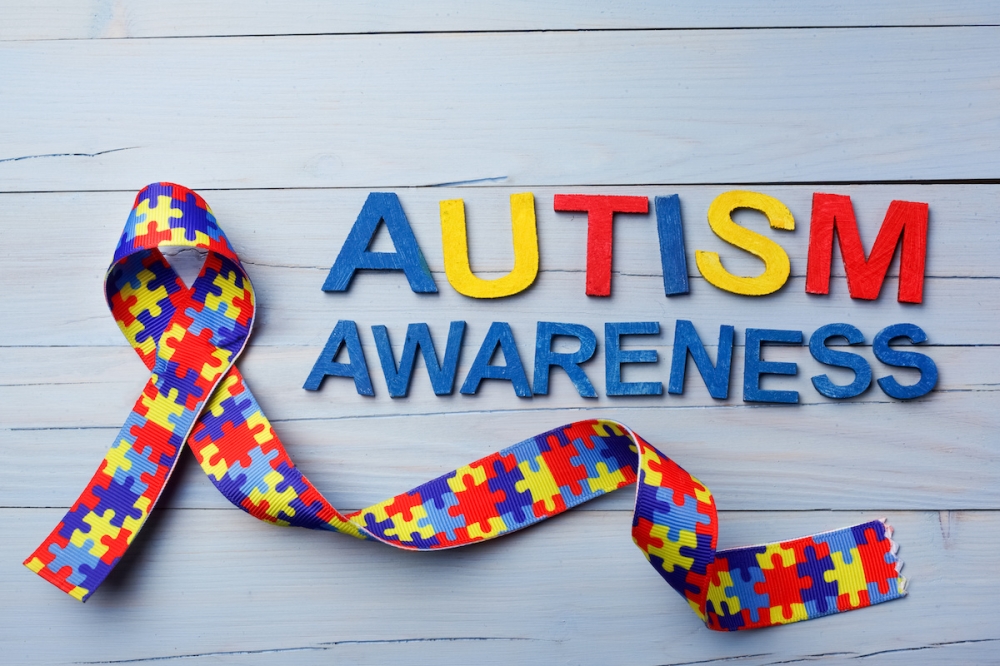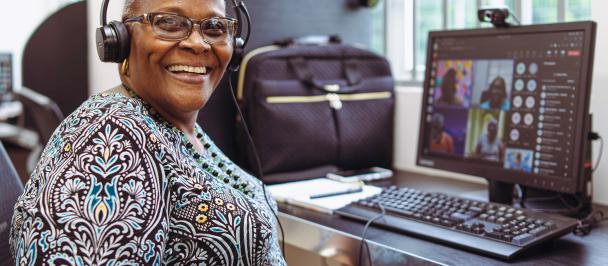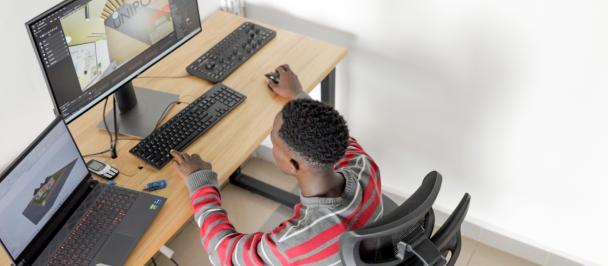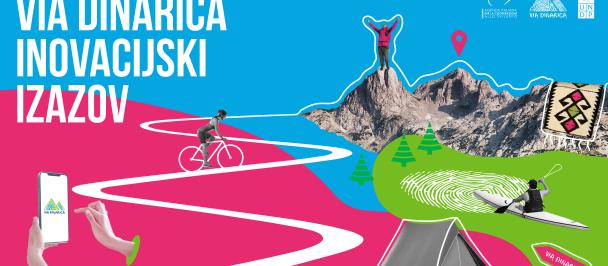Don’t despair, perhaps it’s a different ability.
April 2, 2024

How many of you believe in revelations? Whether spiritual, religious, or scientological, we all have moments that feel divinely significant.
In 2012, on a beautiful chilly evening, my wife our then one-and-a-half-year-old Jason, and I were in the living room somewhere in Kicukiro, Kigali. Jason was his usual self, running around the house, brimming with energy and health.
Our family friend had visited and as we served him with drinks and food, I couldn't help but notice his focused gaze on Jason. Concerned, I asked if everything was alright and why he was staring at Jason with such intensity.
Our friend responds with a soft, pitiful, and somewhat comforting voice, "Clement, is Jason okay?" he inquires. "What has the Holy Spirit shown you again?" I ask him, a tinge of disapproval in my tone. With a deep sigh, my friend says, "I think Jason is not okay because he plays too much and suddenly stops, strangely fixing his eyes on one upper corner of the room for long periods and then strangely smiles."
Though I was then a born-again Christian and believed in divine revelations, judgmentally, I thought that my friend was being too religious to conclude that my very healthy son had an issue.
In the following weeks, Jason's behavior took a concerning turn: he became hyperactive, displayed repetitive actions, and lost his ability to speak at just one and a half years old. His cognitive and learning skills regressed to the point where his school in Kigali couldn't accommodate him, prompting us to search for alternative educational options. However, the only therapist I knew had returned to the US, leaving us with limited options. As a result, Jason remained at home for over two years without access to formal schooling.
His behavior at home became increasingly challenging, with impulsivity, inattention, disrupted eating and sleeping patterns, and unpredictable mood swings. This period became the most trying experience for our family as we grappled with shock, confusion, and anxiety.
Despite seeking medical help, few practitioners could offer clear answers, leaving my wife and me to cope through different approaches - she turned to religious solace while I pursued scientific explanations, sometimes both concurrently.
As I traveled frequently to Europe, I had more exposure to individuals, parents, physicians, therapists, and organizations dealing with autism. Through these interactions, I gained a deeper understanding that Autism Spectrum Disorder (ASD) is a neurodevelopmental condition with lifelong effects, typically identifiable from early childhood. It is primarily characterized by difficulties with social interaction and communication and restricted or repetitive patterns of thought and behaviour.
In Rwanda, I've encountered families who attribute mental and psychosocial disabilities to various spiritual causes, including evil spirits, demons, the devil, witchcraft, family ghosts, and angry ancestors.
Unfortunately, some individuals exploit these beliefs for personal gain, as illustrated by one family who paid a pastor nearly $100,000 for prayers that yielded no change in their child's condition.
It wasn’t long since we formed an association of parents of children with autism. We attracted a disability-responsive investor who swiftly established a center where Jason received his autism diagnosis.
He continues to attend this center, where he has made remarkable progress. Jason is now a happy child, demonstrating newfound abilities such as feeding himself, washing dishes, brushing his teeth, and displaying remarkable organization skills. His journey has profoundly impacted our family, teaching us the value of time efficiency, increased caregiving commitment, patience, and humility.
Jason’s story is not an isolated one, there are over 240 million children with disabilities in the world according to UNICEF (https://www.unicef-irc.org/children-with-disabilities).
According to wisevoter website (https://wisevoter.com/country-rankings/autism-rates-by-country/#highest-autism-rates-by-country), the global average rate of children with autism is 26 per 100,000 children.
Rwanda is ranked 62nd in the world with an autism rate of 394.77 per 100,000 people. Rwanda is also ranked the 78th in the whole world with an autism population of 50,089 people. Rwanda’s children autism rate is 432.57 per 100,000 ranking it at 65th in the whole world.
In Rwanda, it's estimated that there are 19,898 children with autism. Parents of these children are faced with countless unanswered questions, and it's crucial that we come together to find solutions and support for them.
Can men and women of God help to interpret the bible in a way that empowers mothers of children with autism not to prey on their vulnerability and desperation?
How can fathers be helped to be more responsible and don’t leave their wives alone when they get to know that their children have disabilities?
How can parents be helped to understand that autism is not caused by witchcraft, the devil, demons but possibly by other environmental, biological, and genetic factors?
Who should ensure that autism could be listed among those illnesses whose interventions such as therapies (confused with schooling) should be covered by insurance?

 Locations
Locations


